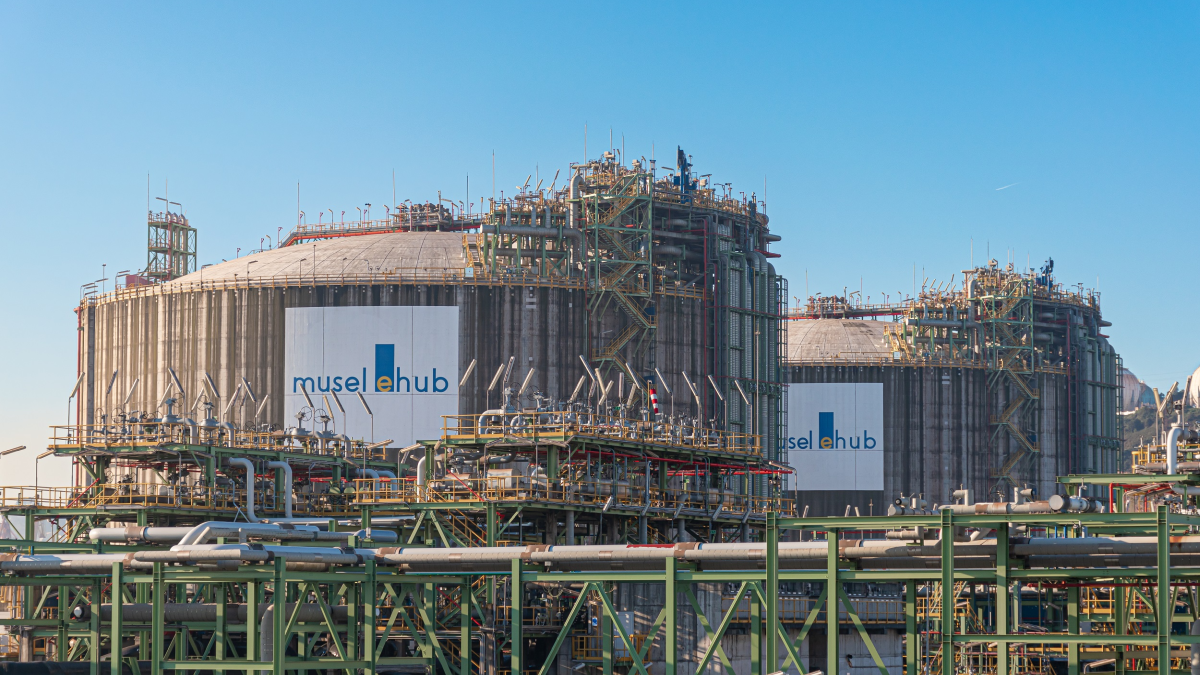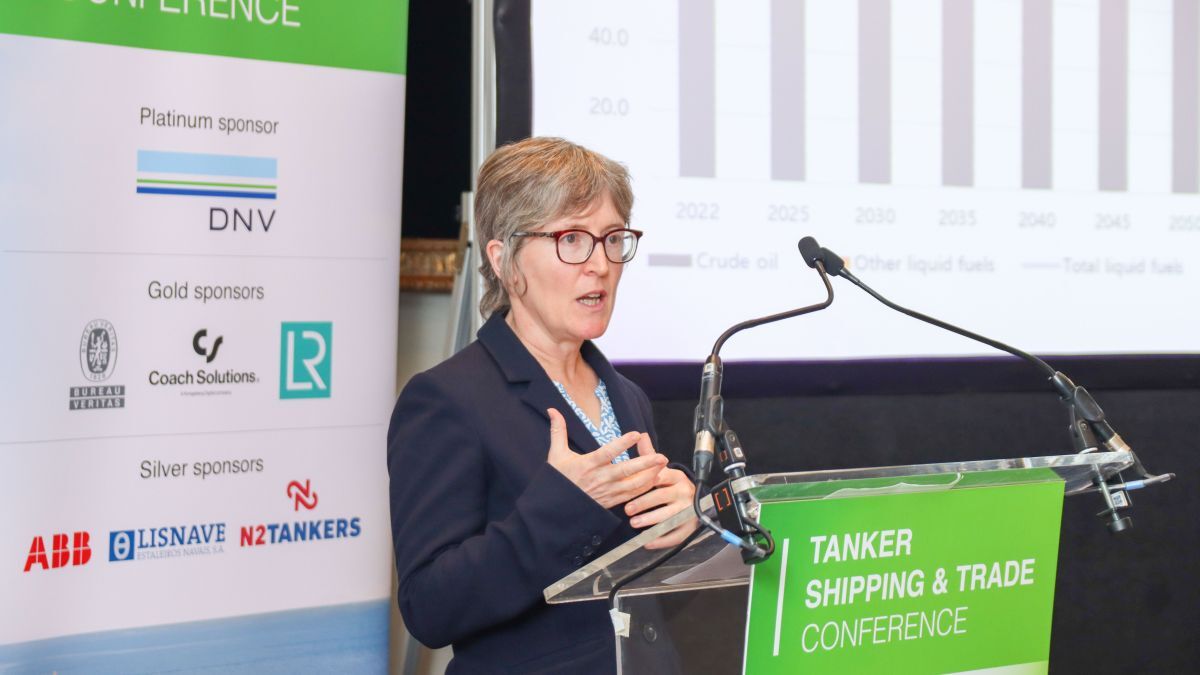Business Sectors
Events
Contents
Register to read more articles.
Spanish LNG terminals look towards incremental innovations
El Musel opens, Huelva leads with bio-LNG and cold energy recovery, as Spain strengthens its green energy infrastructure
Across Spain, developments at LNG terminals are currently characterised more by administrative progress than by major operational changes. However, these updates continue to shape the country’s broader energy landscape and demonstrate a clear commitment to sustainability, innovation, and long-term infrastructure planning.
A significant milestone occurred in January 2025 when Spain’s El Musel LNG terminal, located in Gijón, received regulatory approval to commence operations. This long-anticipated development marked an important advance in Spain’s strategy to optimise its regasification infrastructure. Originally completed in 2013, but never commissioned due to low demand, El Musel is now set to support Spain and Europe’s energy diversification efforts. It will primarily serve as a logistics hub for re-exports, vessel unloading, and truck loading, reinforcing the country’s position as a regional LNG gateway.
“Bio-LNG provision is a key part of Spain’s energy transition strategy”
Elsewhere, updates from the Barcelona and Bilbao terminals have been more muted, though local achievements continue to be logged. These include new vessel handling records and logistical enhancements that point to the terminals’ operational readiness for expanded services. Among the most forward-looking of these services is bio-LNG provision, a key part of Spain’s energy transition strategy.
In March 2025, Enagás launched a pioneering bio-LNG supply service at its Huelva and Barcelona regasification terminals. Bio-LNG — produced by processing organic waste into biomethane and liquefying it — offers a renewable, low-carbon alternative to conventional fossil fuels in maritime transport. The service enables the supply of bio-LNG to LNG-fuelled ships and tankers, reinforcing Spain’s leadership in green shipping initiatives.
What sets this initiative apart is its use of interconnected infrastructure. Biomethane can be injected into the natural gas network anywhere in the country and still be counted as bio-LNG when delivered at the terminal, thanks to a system of mass balancing. This system provides traceability and ensures compliance with environmental standards. Both Huelva and Barcelona terminals meet the International Sustainability and Carbon Certification (ISCC EU) criteria, qualifying the bio-LNG as a sustainable fuel under EU regulations.
Environmental approval for the "Gran Caja de Frío Ecológico" project
In September 2024, the Andalusian regional government approved a landmark environmental initiative: the “Gran Caja de Frío Ecológico” (Great Ecological Cold Box) project at the Port of Huelva. Spearheaded by Enagás, the project aims to recover and distribute the cold energy released during LNG regasification. This cold energy, otherwise wasted, will be channelled via a pipeline network to nearby industrial users within the port area.
The goal is twofold: to help participating companies lower their energy bills by as much as 50%, and to cut associated carbon emissions by up to 90%. The Port of Huelva has allocated EUR5.5M to build the pipeline system connecting the regasification terminal to the South Dock, where multiple energy-intensive industries operate.
Enagás sees the project at the Huelva LNG terminal as a leading example of how LNG infrastructure can contribute to broader decarbonisation goals, both within Spain and across the wider Mediterranean region.
Related to this Story
Women in Maritime Today: Elin Saltkjel says no day working in maritime is dull
Events
Maritime Environmental Protection Webinar Week
Cyber & Vessel Security Webinar Week
The illusion of safety: what we're getting wrong about crews, tech, and fatigue
Responsible Ship Recycling Forum 2025
© 2024 Riviera Maritime Media Ltd.














